Nuwara Eliya is the highest town in Sri Lanka with a cool sparkling climate with the temperature changing around 13 deg centigrade. This is and exquisite and healthy city famous for its wide range of flowers. With buildings of English architecture everywhere in the city, it is affectionately called little England. En-route to Nuwara Eliya, visit a tea plantation and a tea factory, where the best tea in the world is produced. Here you could observe all about the process of manufacturing tea. You can also see how tea is graded. Taste a cup of pure Ceylon tea in the factory.
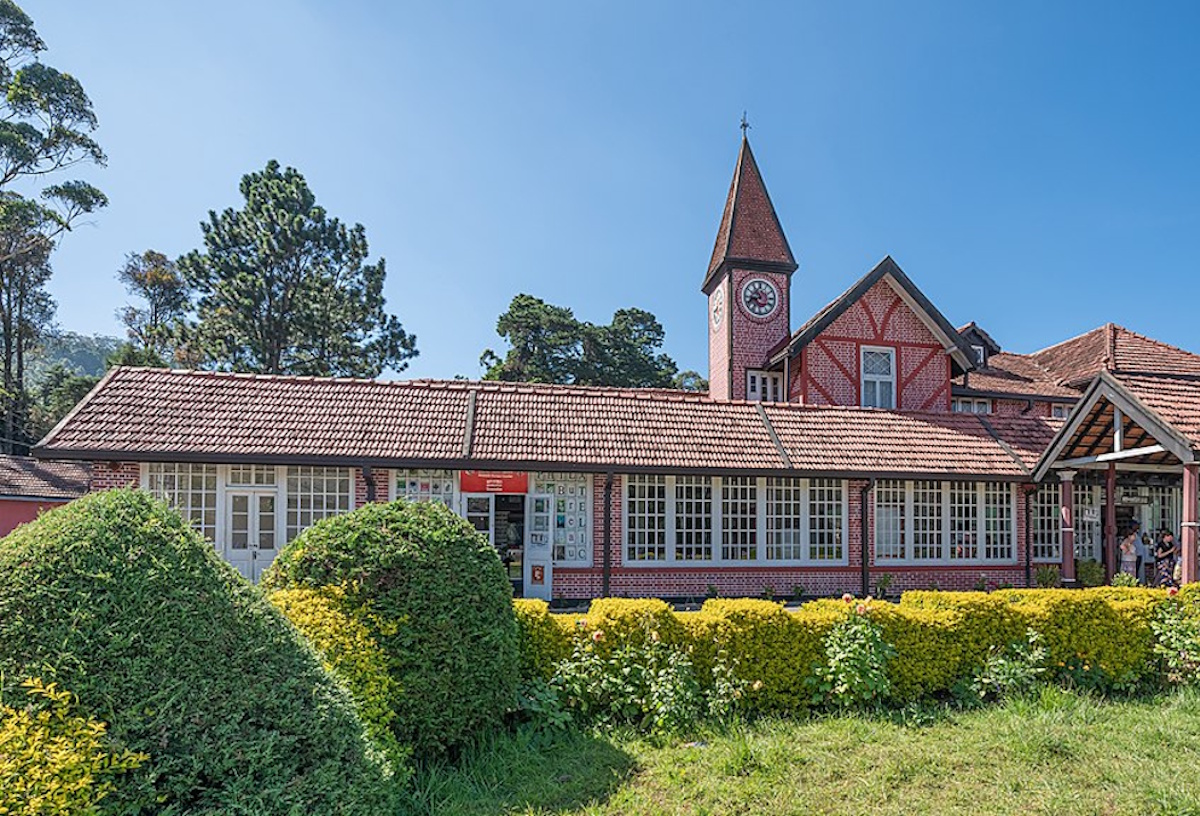
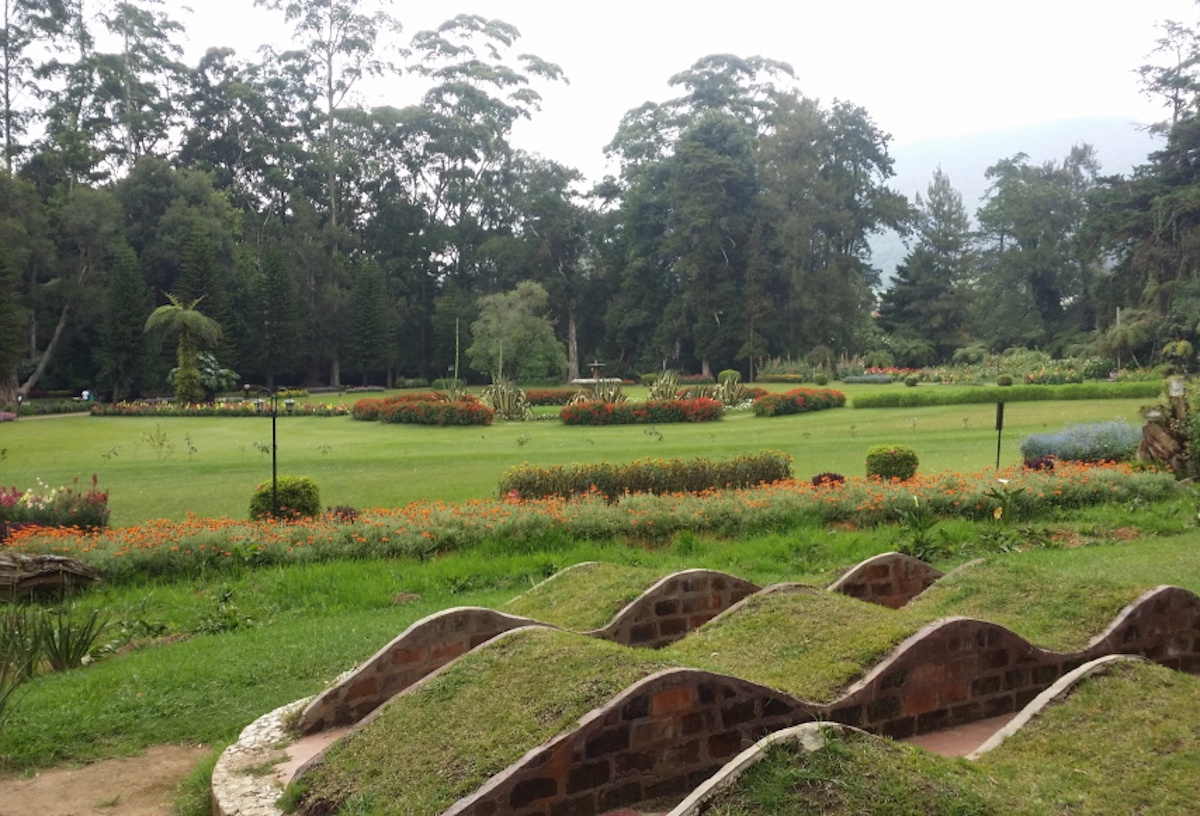
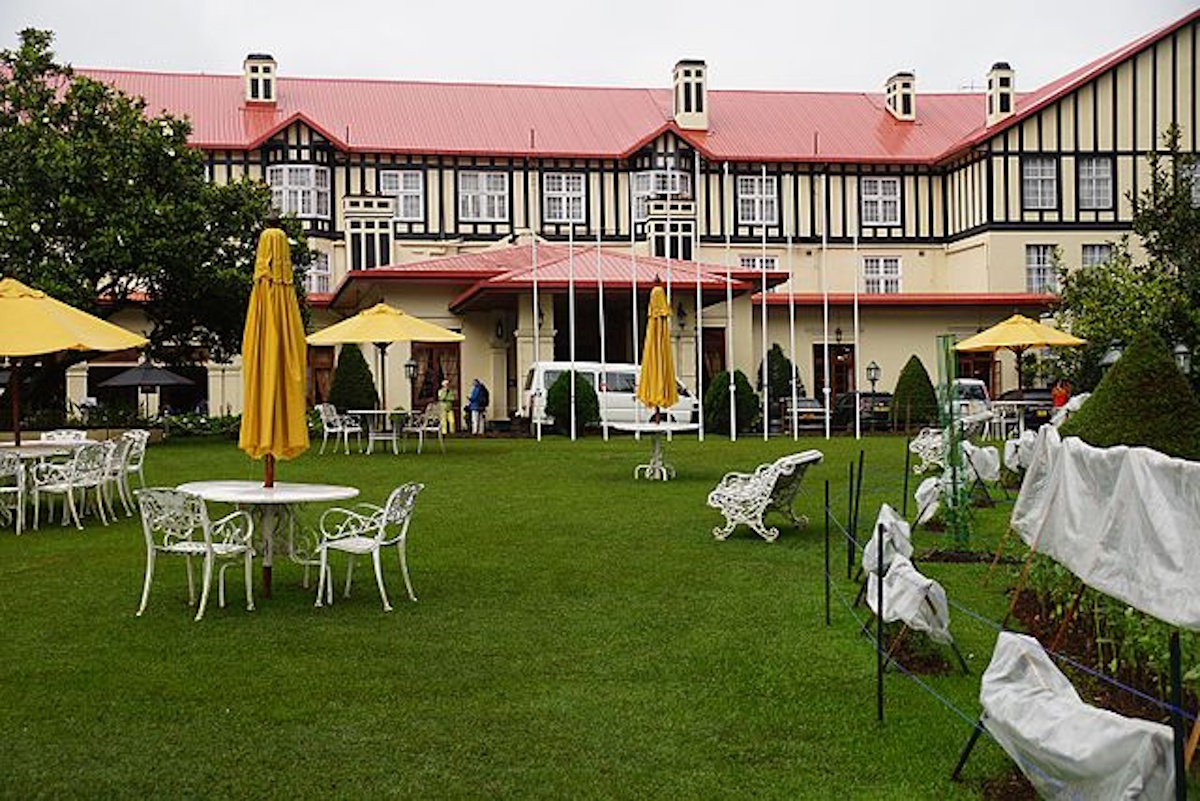
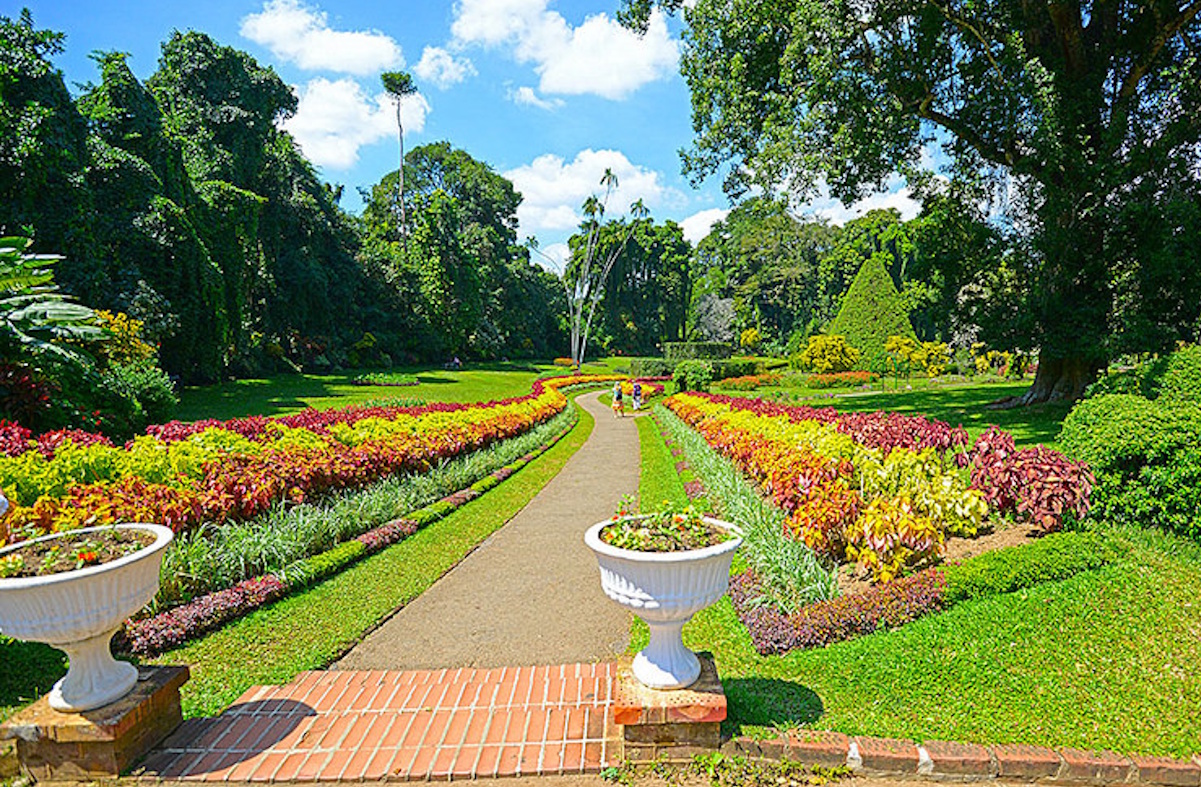
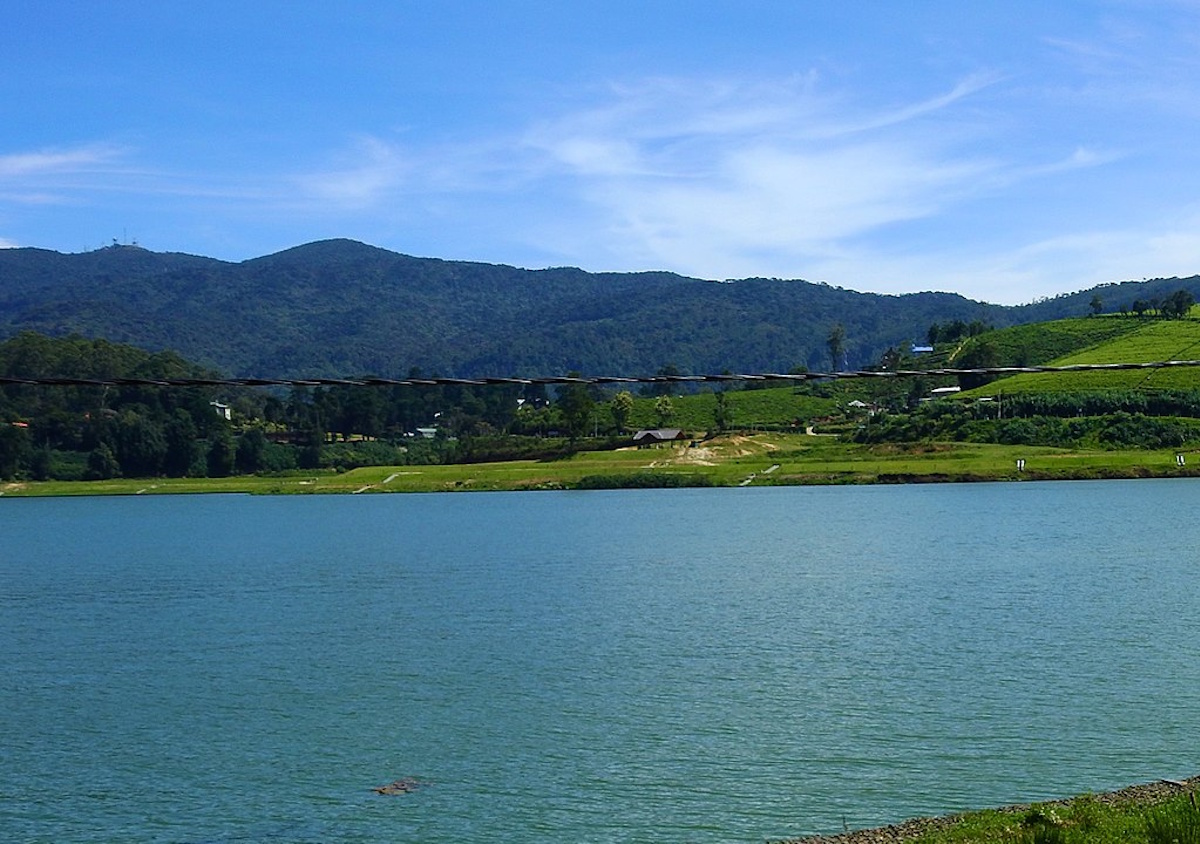
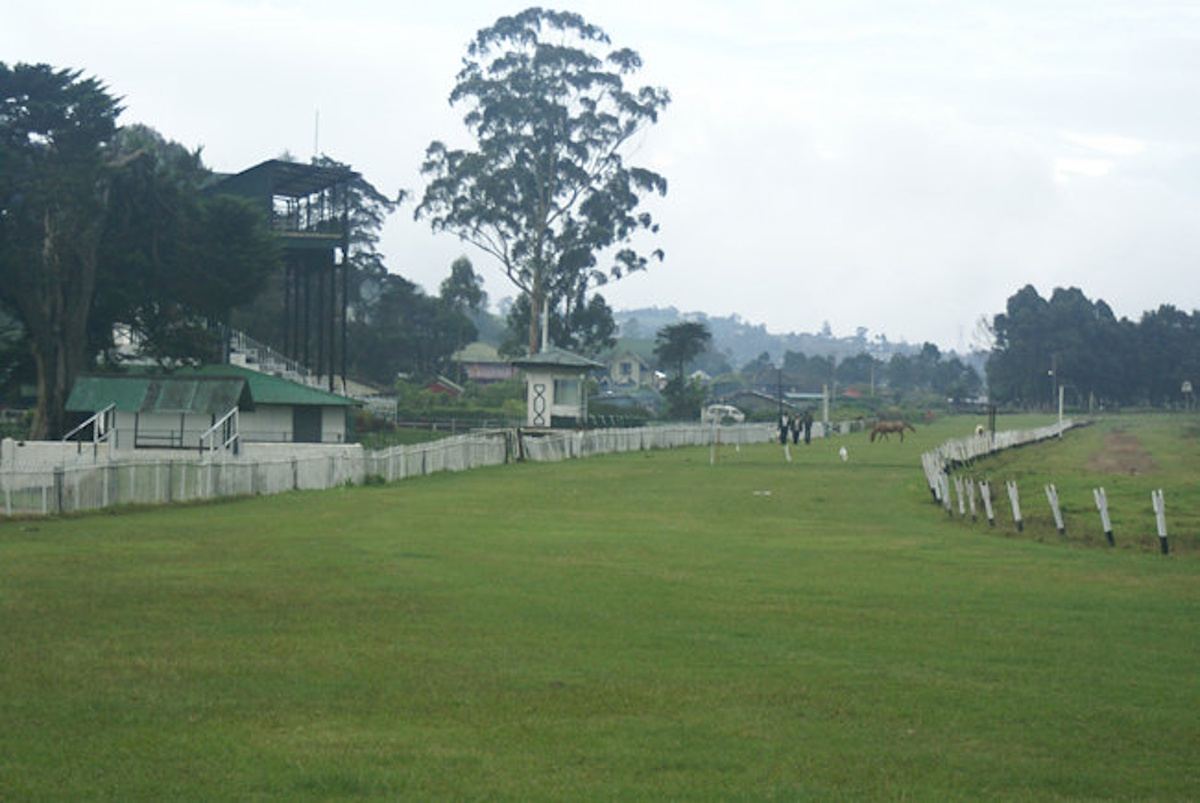
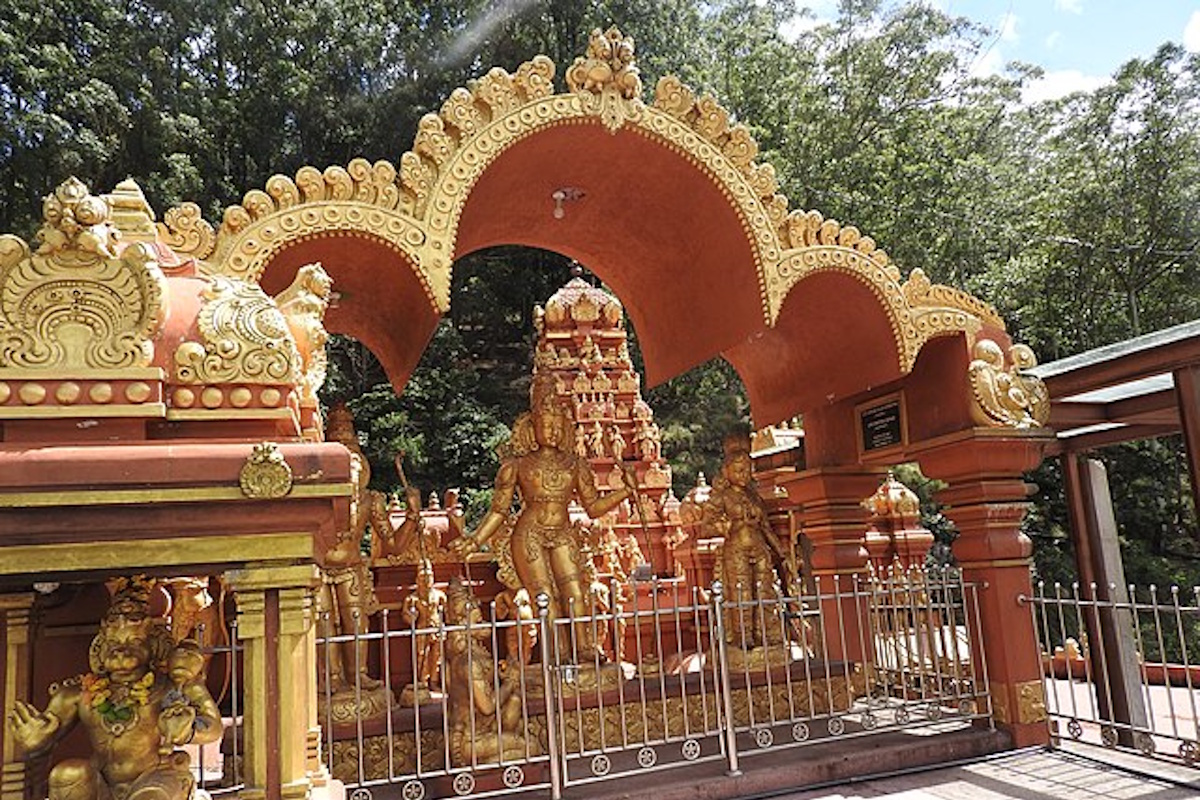
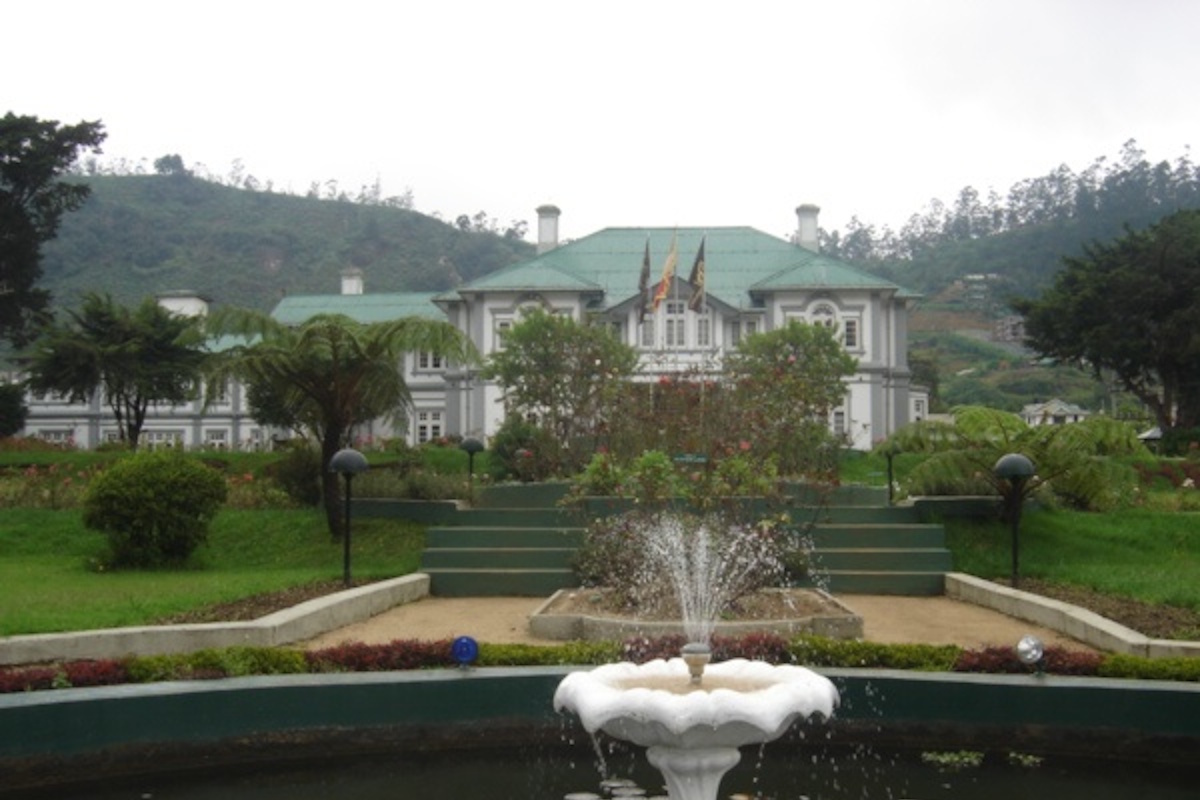
Nuwara Eliya, often referred to as “Little England”, is a hill country town with a colonial charm and a fascinating history tied closely to the British Empire and Sri Lanka’s plantation economy.
Ancient Roots:
Though the area was inhabited by the indigenous Vedda people, it remained largely untouched due to its high elevation and thick forests until colonial times.
British Discovery (1818):
British explorer Dr. John Davy, the brother of chemist Sir Humphry Davy, is credited with discovering Nuwara Eliya. The region was soon transformed into a sanatorium and hill station for British officials escaping the heat of the lowlands.
Colonial Development:
The British recognized the region’s cool climate as ideal for tea cultivation. Estates were established throughout the area, turning Nuwara Eliya into the heart of Ceylon tea production. Colonial buildings, golf courses, racetracks, and manicured gardens were developed, giving the town its distinctly European appearance.
Post-Independence Evolution:
Though many colonial buildings remain, Nuwara Eliya has become a beloved local and international tourist destination, known for its scenic beauty and cool weather.
Nuwara Eliya continues to charm visitors with its serene landscapes, heritage architecture, and vibrant seasonal atmosphere.
Tourism and Agriculture:
The town thrives on tourism, tea, and vegetable farming. Visitors are drawn by its cool temperatures, lush tea estates, and old-world ambiance.
Modern Touches:
While maintaining its colonial legacy, Nuwara Eliya has embraced modernity with new hotels, restaurants, and adventure tourism opportunities. The town especially comes alive during April, with the Nuwara Eliya Season Festival attracting crowds for horse races, flower shows, and golf tournaments.
Cultural Diversity:
Home to Sinhalese, Tamil, and Indian Tamil communities, the area boasts a harmonious blend of cultures, languages, and festivals.
Located in the Central Highlands of Sri Lanka at an elevation of 1,868 meters (6,128 feet) above sea level, Nuwara Eliya offers a dramatic contrast to the island’s tropical coastline.
Geography:
Surrounded by misty mountains, rolling tea plantations, and cascading waterfalls, Nuwara Eliya is part of the Horton Plains plateau, giving it a lush, verdant terrain.
Climate:
The climate is classified as subtropical highland with average temperatures between 10°C and 20°C. It’s one of the coldest places in Sri Lanka, often enveloped in mist and drizzle. The best time to visit is March to May, during the dry and festive season.
Gregory Lake
A scenic lake created during the British era, ideal for paddle boating, jet skiing, and picnicking. The surrounding parkland is perfect for relaxing walks and family outings.
Horton Plains National Park & World’s End
A stunning nature reserve featuring cloud forests, montane grasslands, and the dramatic World’s End escarpment. Early morning hikes offer magical views and chances to spot wildlife like sambar deer and endemic birds.
Pedro Tea Estate
Tour this fully functioning tea factory to learn how Ceylon tea is grown and processed. Enjoy a tasting session with a view of the surrounding lush hills.
Hakgala Botanical Gardens
Second only to Peradeniya in size, this garden is known for its temperate flora, rose gardens, and giant tree ferns. It’s especially vibrant during the blooming season in April.
Seetha Amman Temple
A Hindu temple connected to the Ramayana legend, believed to be the place where Princess Sita was held captive by King Ravana. Located near scenic woodland and streams.
Lover’s Leap Waterfall
A short hike from the town leads to this romantic, cascading fall with panoramic views of the tea country.
Nuwara Eliya Golf Club
One of the oldest golf clubs in Asia, established in 1889. A scenic 18-hole course open to the public, perfect for enthusiasts and beginners.
Victoria Park
A beautifully maintained garden park with flower beds, ponds, and birdwatching opportunities. A popular spot for leisurely strolls, especially during the blooming months.
Ambewela & New Zealand Farms
Visit Sri Lanka’s version of “Little Switzerland” with dairy farms, grazing cows, and views that resemble Alpine meadows.
Moon Plains
An open plain offering a 360-degree view of the surrounding mountains including Pidurutalagala, Sri Lanka’s tallest peak.
Local Cuisine & Market Culture
Nuwara Eliya is known for its fresh strawberries, vegetable-based cuisine, and Sri Lankan short eats. Don’t miss a visit to the Nuwara Eliya market for fresh produce, flowers, and handicrafts.